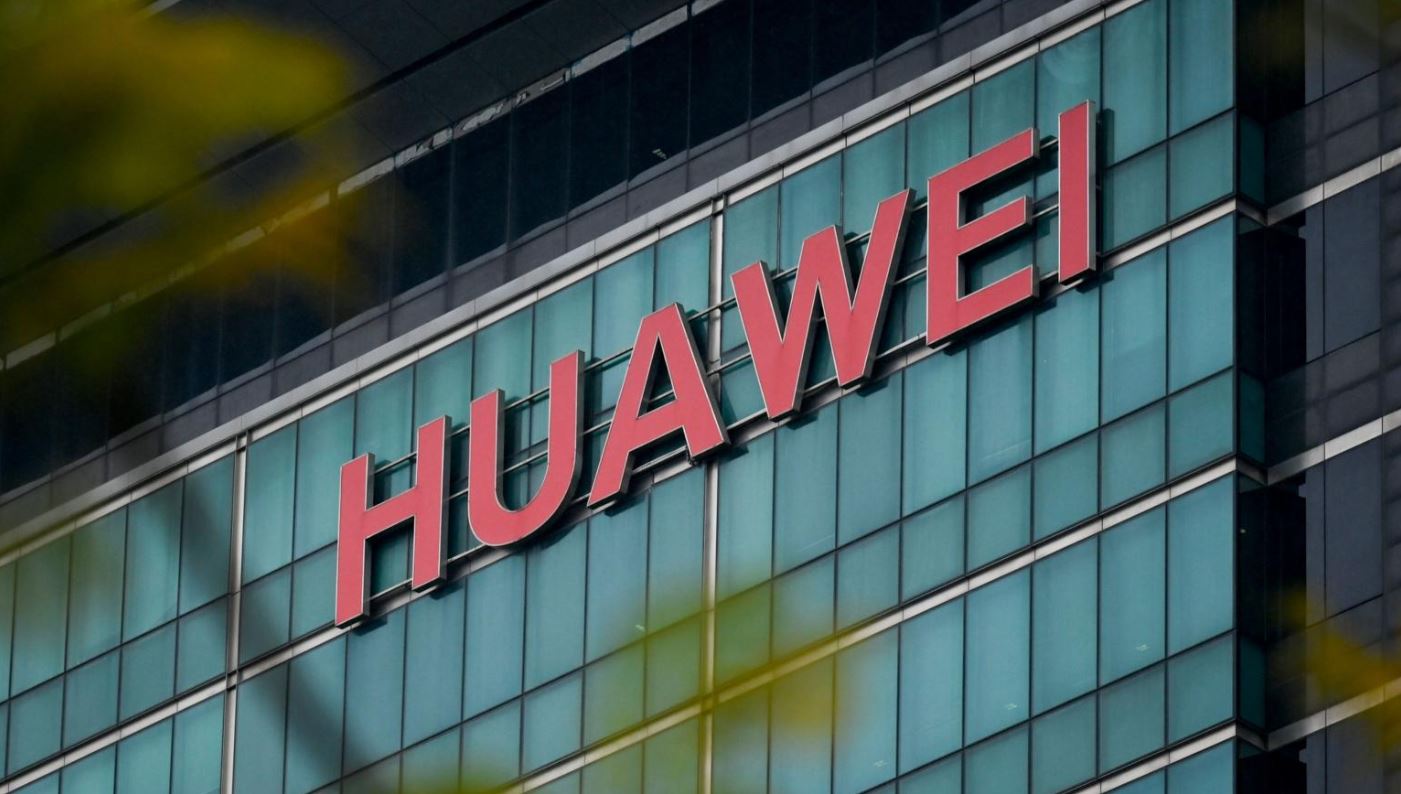News
Banning Huawei equipment will hurt U.S. rural network operators and their businesses: Huawei

The US President Donald Trump has signed a new order on Thursday to bar the use of Huawei network gear by U.S. firms. This new move will surely create a technology halt for U.S. companies and will hurt the customers and their businesses.
The network equipment provided by Huawei comes with top technology advancements that are way ahead of its competitors in the market and at a price that’s suitable for its customers.
According to Reuters, the law also requires the Federal Communications Commission (FCC) to establish a program to assist small providers with the costs of removing prohibited equipment or services from their networks and replacing it.
The U.S. administration has been continuously alleging that Huawei is a national security threat but never showed a bit of evidence to prove any of its allegations.
Trump government has also urged its allies countries to bar the Chinese tech giant from building 5G networks but they’ve refused to do so.
In this whole ban game against Huawei, we brought you the company’s words on this matter.
“The so-called Rip and replace the law, signed by the U.S. president today, is simply an unrealistic attempt to fix what isn’t broken. This legislation remains considerably underfunded, will take longer than anticipated to full fill and will put at risk some of Huawei’s customers who operate in the most underserved areas.
This law does not address the most significant issues of network security but rather completely ignores the alternative proposals put forth by rural network operators, based on proven processes developed by experts in cooperation with government oversight.
It also reduces the ability of these broadband providers to deliver connectivity, which will hurt local consumers and businesses and could put these operators out of business.
This law will deny consumers the competitive edge that comes with broadband connectivity, disrupt business, education and emergency response in those areas and cost tax-payer’s money – while ultimately failing to achieve the core object for which it was written.” says the company.







